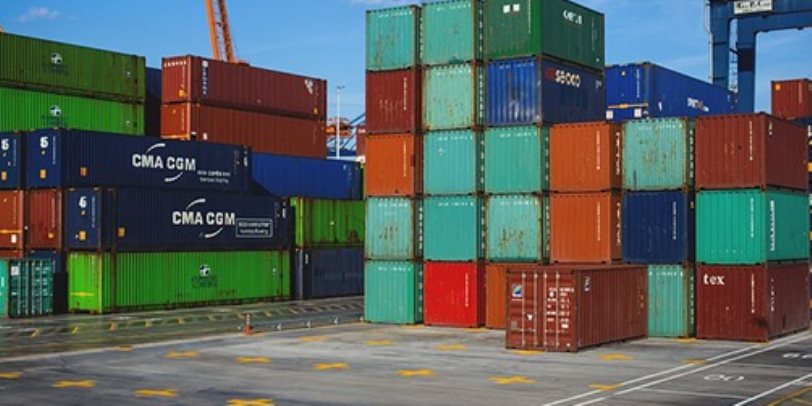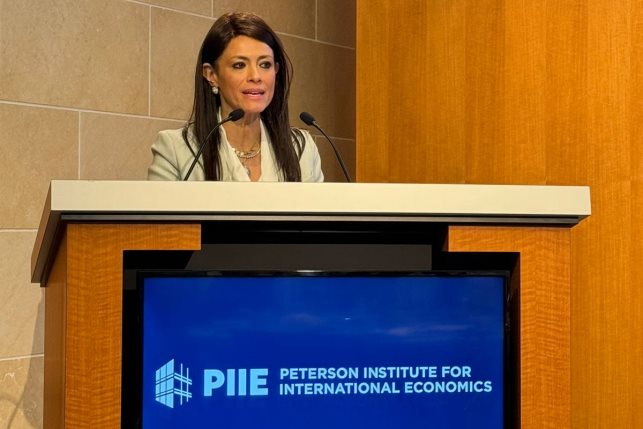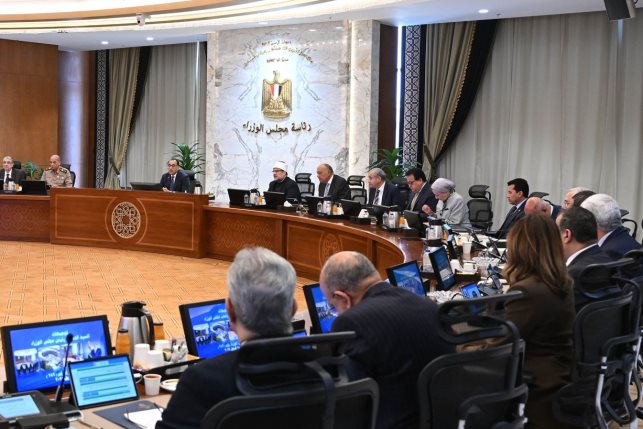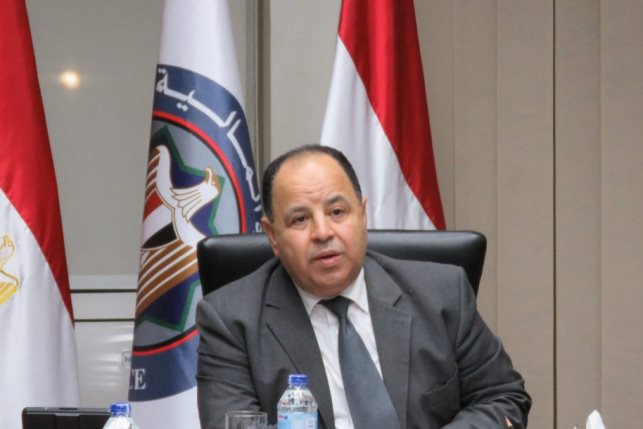Egypt exported 23% of Africa’s petrochemical and fertilizer imports in 2020
Nasr was quoted during a recent seminar on the Mansa platform, to educate companies exporting to Africa on how to benefit from the Mansa platform

Egypt exported 23% of the global petrochemicals and fertilizer products in the African market, reaching $1.2 billion in 2020, the Middle East News Agency (MENA) reported on Tuesday.
According to Executive Director of the Chemical and Fertilizers Export Council, Manar Nasr, the African market is one of the major market destinations for Egypt's exports, noting that a plan has been developed to increase exports to the continent and strengthen trade relations.
Related > Egypt’s engineering exports climbed 44% in the first 8M of 2021| EECE
Nasr was quoted during a recent seminar on the Mansa platform, to educate companies exporting to Africa on how to benefit from the Mansa platform in promoting their products and reaching their African buying partners to promote trade between Egypt and Africa).
The seminar was organized in cooperation with the Central Bank, the African Import and Export Bank and the Export Council for Chemical Industries.
Developed by Afreximbank, the Mansa platform is a single source of the primary data required for customer due diligence (CDD) and know your customer (KYC) checks on African entities, including financial institutions, corporates, and small- and medium-sized enterprises (SMEs). It is aimed at addressing the challenges facing the African continent, including the high cost of compliance in Africa and the lack of market data.
Related > Egypt’s trade deficit falls 27.8% in June 2021| CAPMAS
Nasr explained that the platform aims to provide detailed data, to know customers in Africa through due diligence, and to provide information, data on trade and the investment climate in Africa, as well as self-qualification of participants, and auditing information related to them, while providing a single window for access to the bodies responsible for investment in the African continent.
She pointed out that the problem of lack of information faces many investors wishing to enter the African market, so a regulatory portal has been established with regard to laws and legislation.




